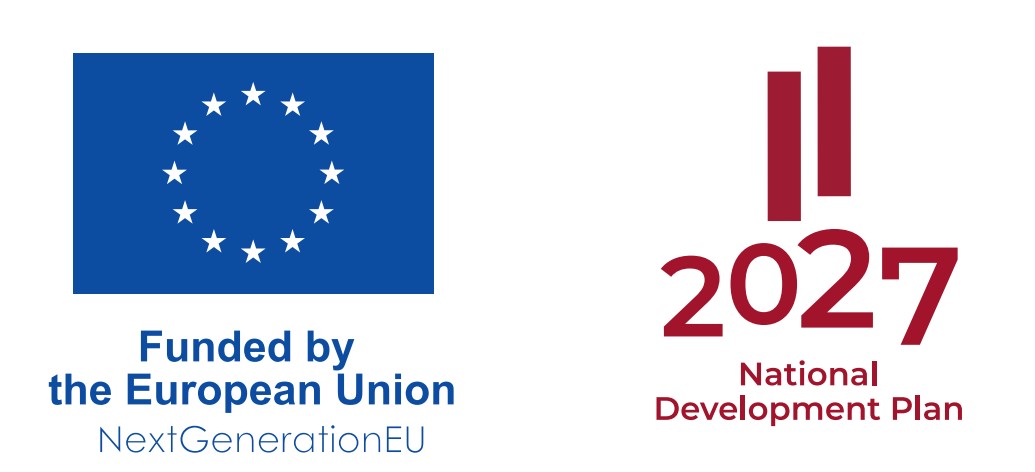
While 90% of Riga’s residents report feeling safe in their immediate surroundings and 79% believe Latvia is a safe country overall, only 16% feel adequately prepared for crisis situations. This is the lowest level of preparedness among all the cities surveyed in the Baltic Sea region, which included Helsinki, Vilnius, Tallinn, Berlin, Hamburg, and Munich. In fact, 74% of respondents in Riga admitted they are not sufficiently prepared for emergencies.
When asked about the main threats to their personal safety, Riga residents most frequently mentioned Latvia’s economic situation (58%), disruptions to critical supplies such as electricity or water (57%), the possibility of military attacks (56%), the spread of disinformation (54%), and the risk of chemical, biological, or nuclear incidents (49%). Despite these concerns, the actual level of preparedness remains low. Only 29% of residents know where to go if they need to evacuate their homes urgently, and just 14% are aware of the location of the nearest emergency shelter. Furthermore, only 28% of households have a battery-powered portable radio, which is one of the recommended emergency bag items and a reliable source of information during emergencies. A significant portion of the population—27%—does not have any drinking water reserves, and only 23% have enough supplies to last at least 72 hours. Additionally, 19% have no cash reserves for emergency purchases, and just 6% have an agreed meeting point with family members in case communication is disrupted.
Dr. Ieva Birka, lead researcher at the Advanced Social and Political Research Institute of the UL FESS, emphasized that these findings highlight a dangerous contradiction: people in Riga feel safe, but they are not prepared. While some threats, such as water or electricity outages, can be addressed through practical steps, others—like disinformation and the risk of chemical, biological, or nuclear incidents—require more innovative approaches. Although these threats may seem distant, educating the public on how to respond, how to stock food and water, identify the safest room in a home, evacuate, and provide first aid can significantly reduce anxiety and improve readiness.
It is also important that residents feel informed about what is being done at the national and municipal levels to ensure the continuity of critical services. Since disruptions to water and electricity supplies are among the most frequently mentioned concerns, transparent and regular communication from responsible institutions is essential. Providing information about reserve systems, emergency plans, and infrastructure improvements can help reduce public anxiety and build trust.
Asked about the main barriers to preparedness, Riga residents mentioned the lack of perceived threat (41%), insufficient information (37%), and psychological difficulty in thinking about such scenarios (35%). The latter two barriers are particularly common among women, seniors, and Russian-speaking residents. To improve preparedness, 58% of respondents said they need more detailed information on how to act in emergencies, such as brochures or media campaigns. Half of the respondents would like informative activities in their immediate neighbourhoods. Additionally, 37% believe that investments in infrastructure—such as sirens and shelters—are necessary, and an equal percentage would like financial support to help them stock up on essential supplies.
Survey results available here.
The survey was conducted by Norstat in May 2025, polling 1,004 Riga residents aged 18 to 74. It forms part of a broader research initiative led by Dr. Ieva Birka and Dr. Didzis Kļaviņš, covering six cities in the Baltic Sea region. The project is supported by funding from the EU Recovery and Resilience Facility.
Further information:
Dr. Ieva Birka, e-pasts: ieva.birka@lu.lv; Dr. Didzis Kļaviņš, e-pasts: didzis.klavins@lu.lv

Project title: Urban Preparedness for Emerging Risks in the Baltic Sea Region Project Contract Number: No. 5.2.1.1.i.0/2/24/I/CFLA/007 Project Grant Agreement Number: LU-BA-PA-2024/1-0051

 CONFERENCE
CONFERENCE